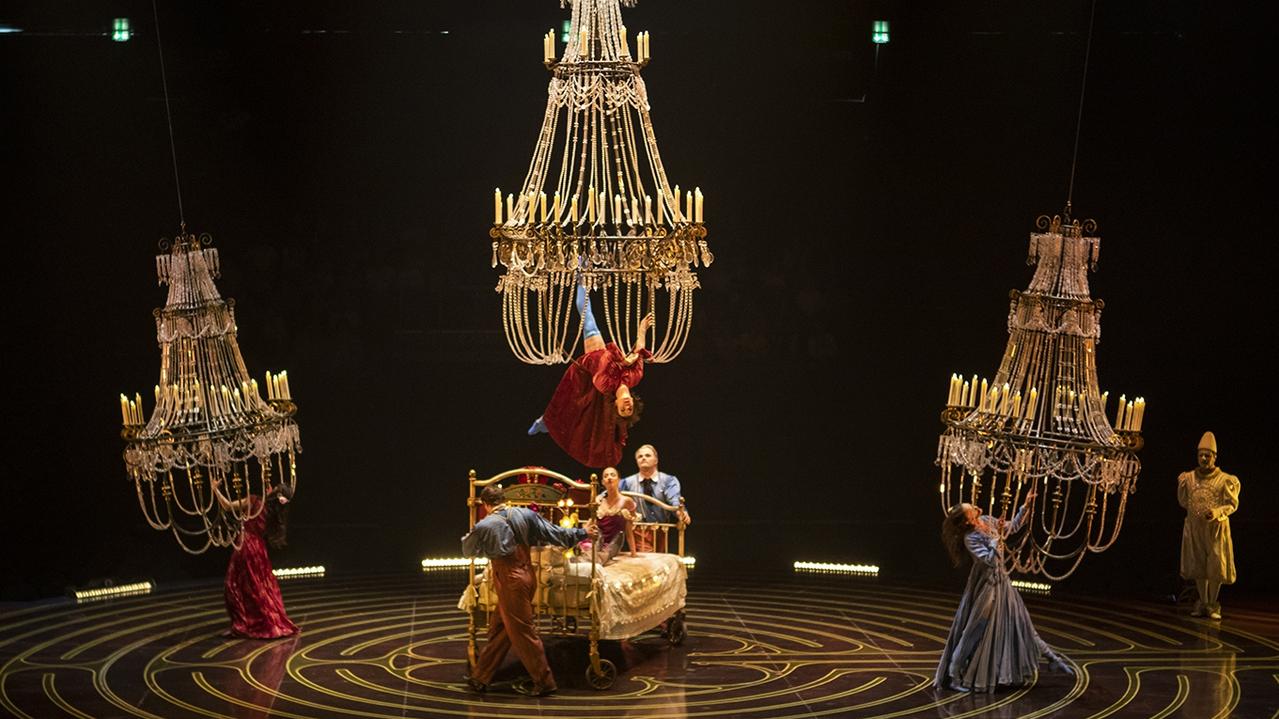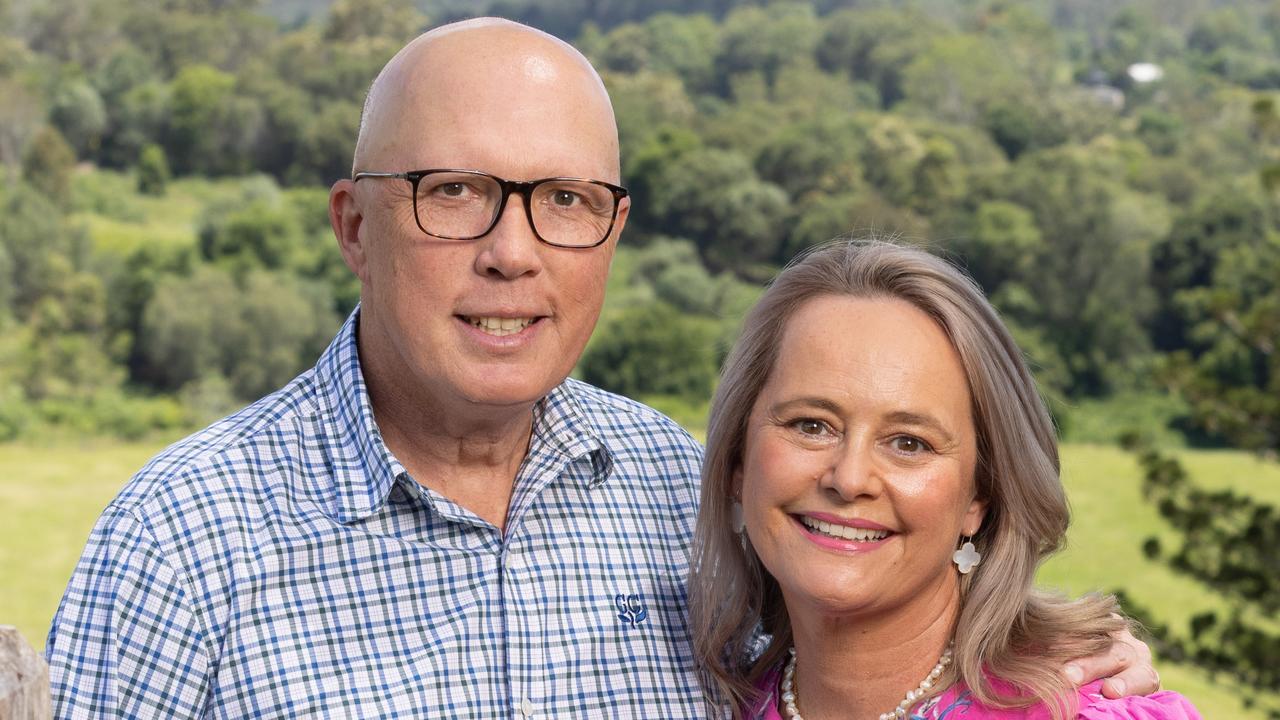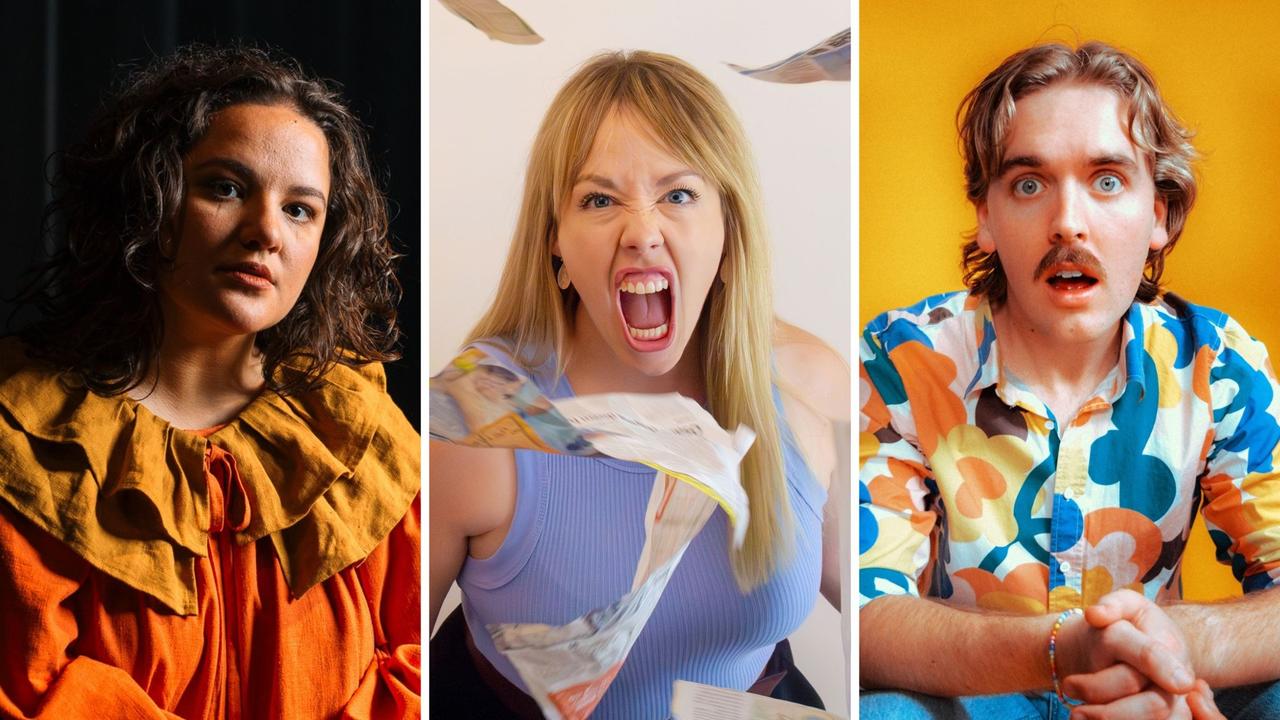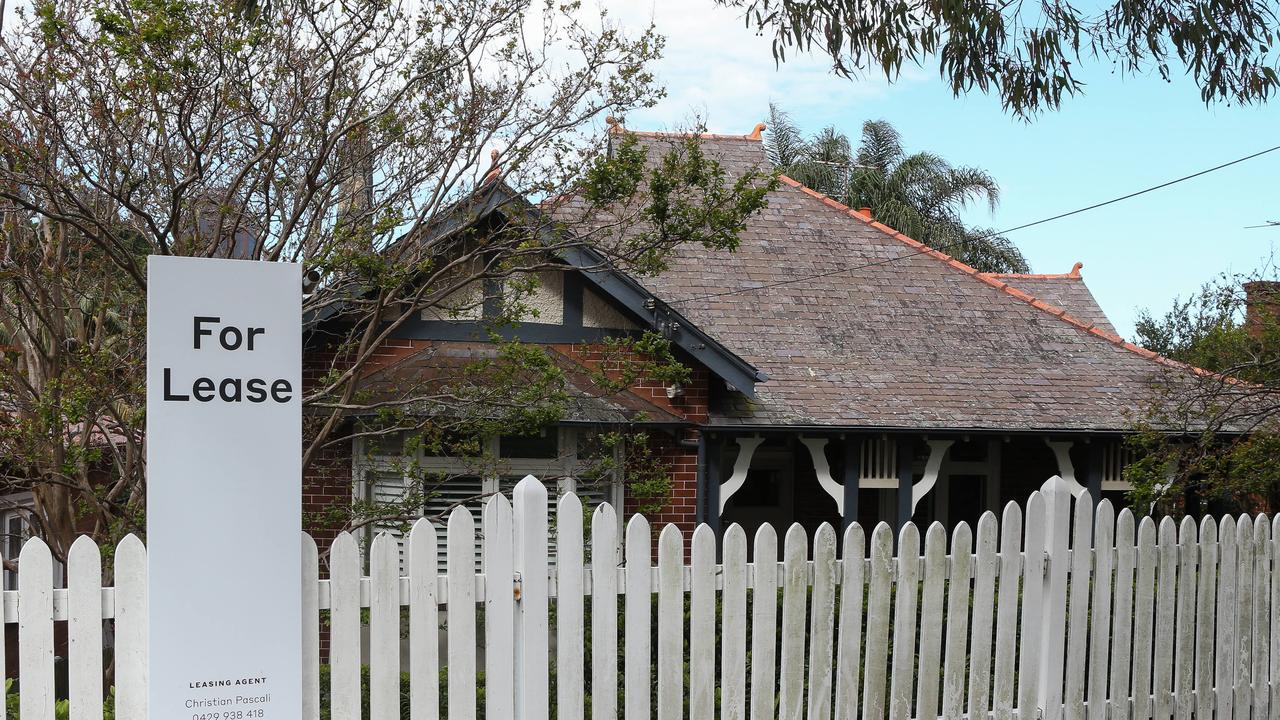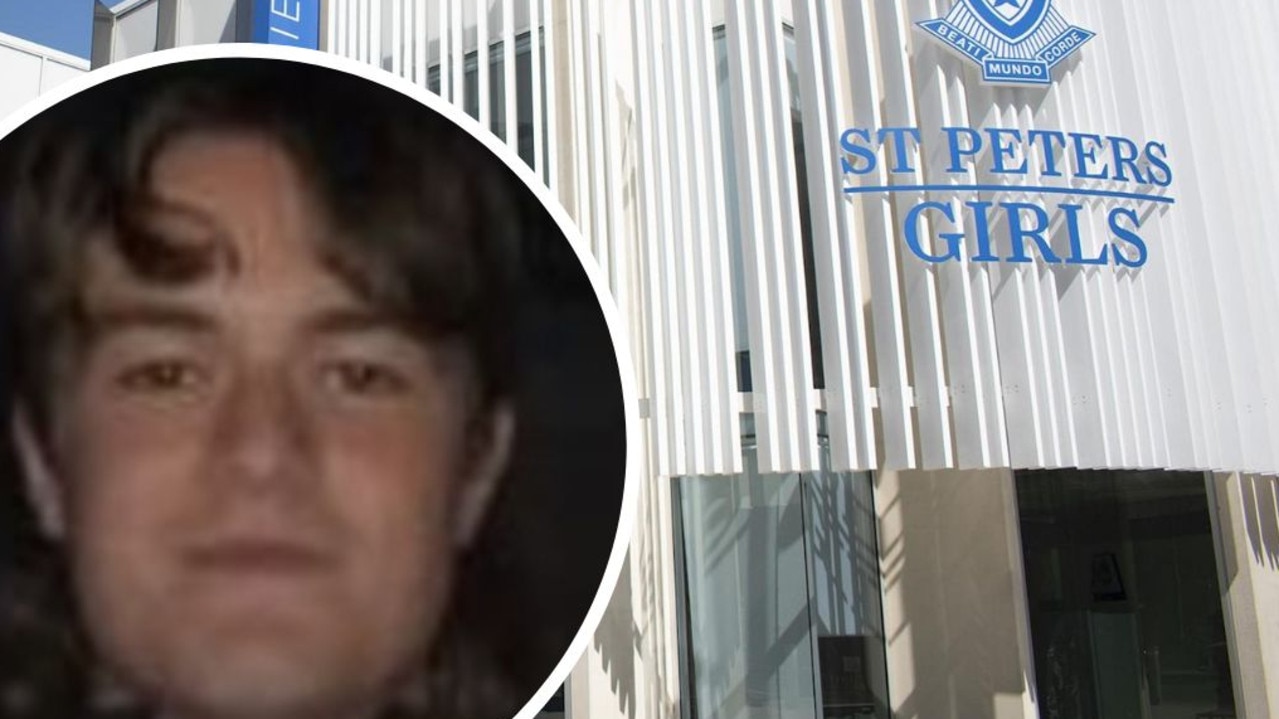Teen Parliament 2023: Watch the full replay as students shared their ideas to improve South Australia
Teen Parliament 2023 gave SA’s brightest school students the opportunity to debate their ideas to improve our state. Watch the full replay of our live stream.
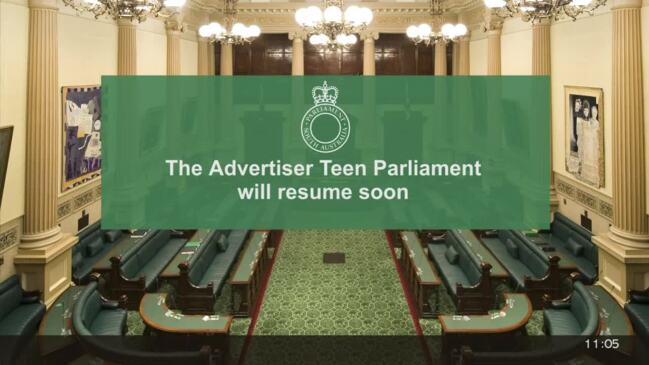
SA News
Don't miss out on the headlines from SA News. Followed categories will be added to My News.
Teenagers took over SA’s House of Assembly today to debate their plans to create a better future for the state in The Advertiser’s Teen Parliament.
Watch Teen Parliament 2023
They were guided by Speaker Dan Cregan as they discussed ideas such as encouraging volunteers, helping troubled youth, improving transport links and future-proofing the water supply.
Following the event, five of the students will be selected to receive a $10,000 scholarship to put towards their future studies. The scholarships, presented in partnership with the Advertiser Foundation, are sponsored by Elders, UniSA, Walker Corp, HomeStart Finance and the Adelaide Economic Development Agency.
Among the participants were Concordia College student Lily Azli, 16, who is petitioning for digital skills to be introduced into high school curriculum.
“It is vital that young people all across the state are provided with an education which does not close its eyes to the world around it,” Lily said.
“When it concerns digital resources like the internet, laptops, mobile phones and artificial intelligence, the school system isn’t accurately reflecting skills that will be needed in the workplace.”
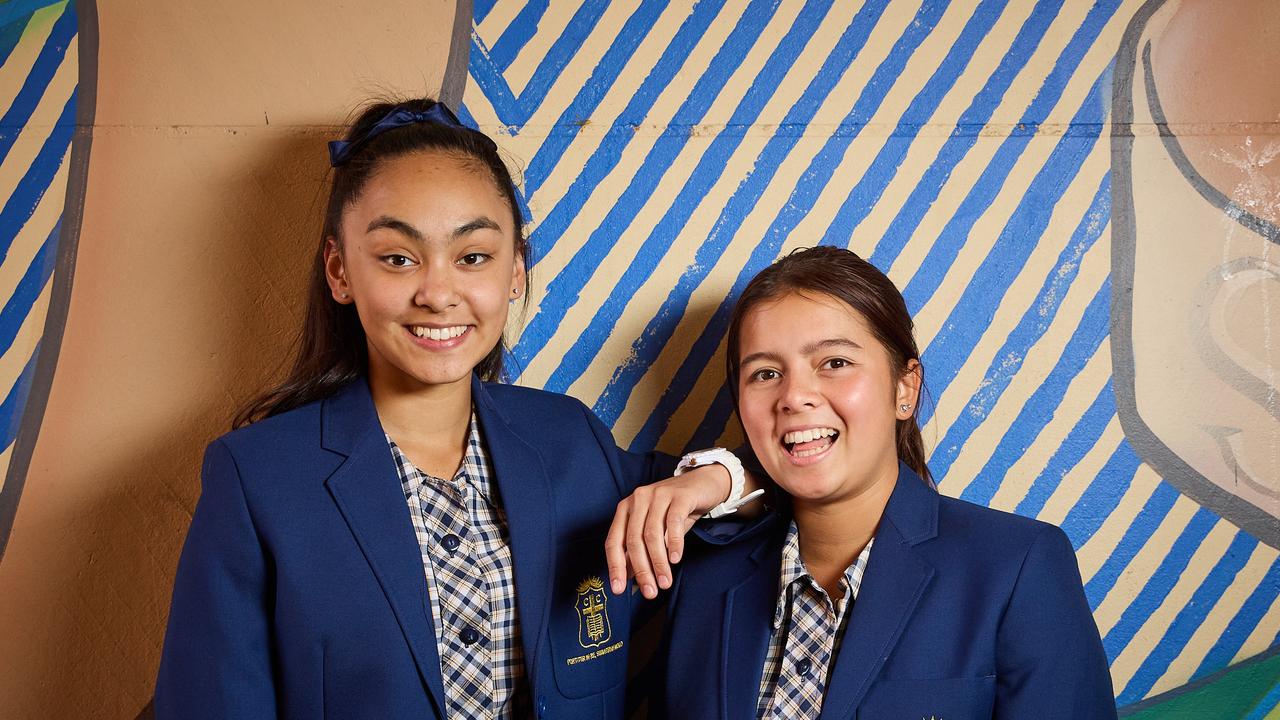
Another bright Concordia student, Juliana Lanzilli, 16, advocated for changes to school curriculum to prepare students for the future.
“It is imperative that all students are financially educated,” Juliana said. “The benefits of financial literacy extend well beyond stronger household balance sheets to the promotion of a more resilient financial system.”
Henley High School student Kai Glazier, 17, took his seat at Thursday’s session thanks not only to his big idea (cheaper provisional licence costs to reduce the financial burden on young people), but also the kindness of strangers.
Kai was in Bali when he was informed he had been selected and started scrambling to find an early flight home. He was willing to drain much of his savings to pay a $1000 fare difference before Virgin Australia stepped in to find an alternative flight and save the day.
St Ignatius student John Dwyer, 16, wants a high-speed passenger train from the CBD through the Adelaide Hills to Murray Bridge.
John, from Ironbank, said the installation of the train would help with traffic congestion and create a greener future for the state.
“I live in the Hills and I catch two buses to school every day so I can understand the people who are pushing for this because I know how beneficial it would be,” he said.
Sacred Heart College student Jasmine Eramiha, 16, from Ceduna, wants young people to have more of an influence in running the state.
“I really want to empower a youth voice for the benefit of our next generation,” she said.
OUR TEEN MPs AND THEIR BIG IDEAS
JULIA OVEREEM, 17
Wirreanda Secondary School
We want better mental health for schools. From the age of 4 to 18, young people are spending almost 30 hours every week at school and in some cases, school can be a safer place than home. However, research has shown that less than 30 per cent of students are seeking professional help, even when they need it. This is due to the fact that it is mandatory for parents to sign a permission form under the age of 16, meaning students who need someone to talk to, if it’s about what’s happening at home, can cause a serious implication.
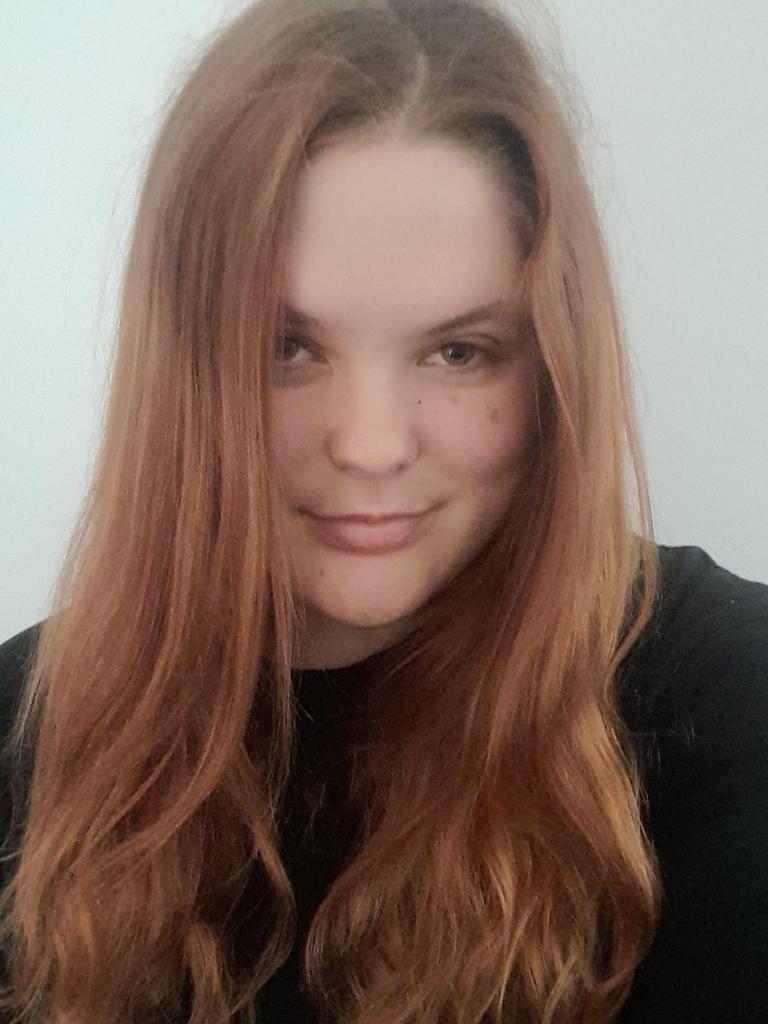
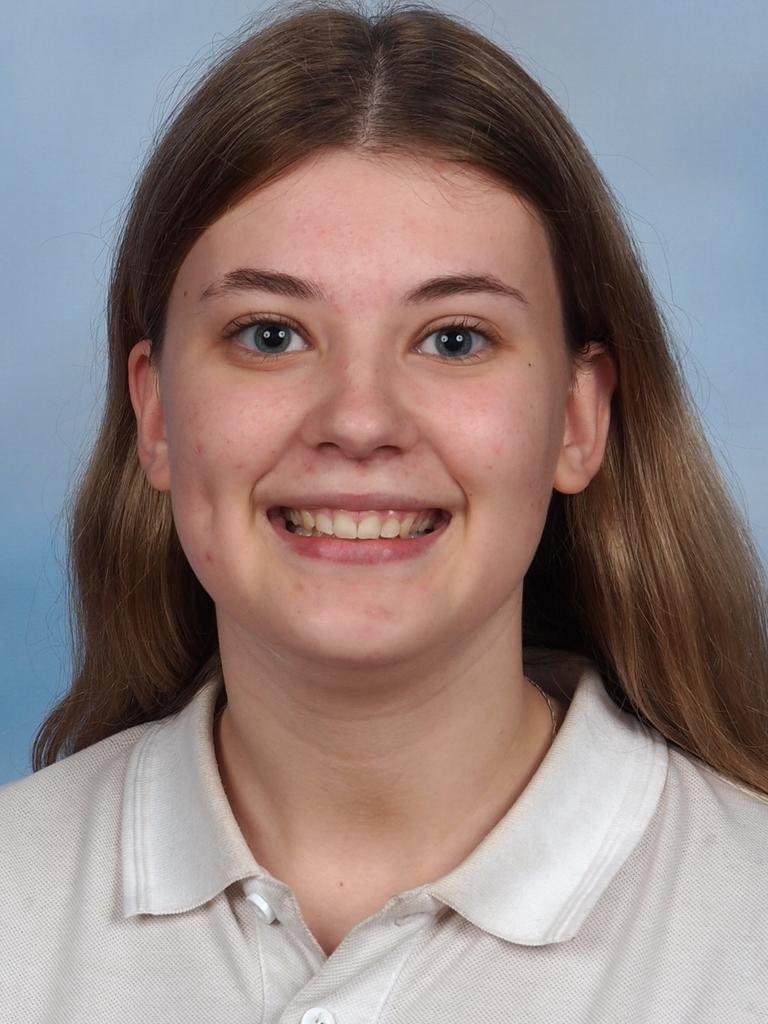
ASHLEY HUNT, 16
Streaky Bay Area School
Unfortunately, in rural South Australia, limited access to quality education remains a persistent issue, impacting all children. There are several factors that contribute to this problem, including a lack of funding, inadequate infrastructure, and a shortage of qualified teachers. To improve education in rural South Australia, it is crucial to address these underlying issues. This could include investments in modern technology and facilities, as well as programs to incentivise and support teachers to work in these areas.
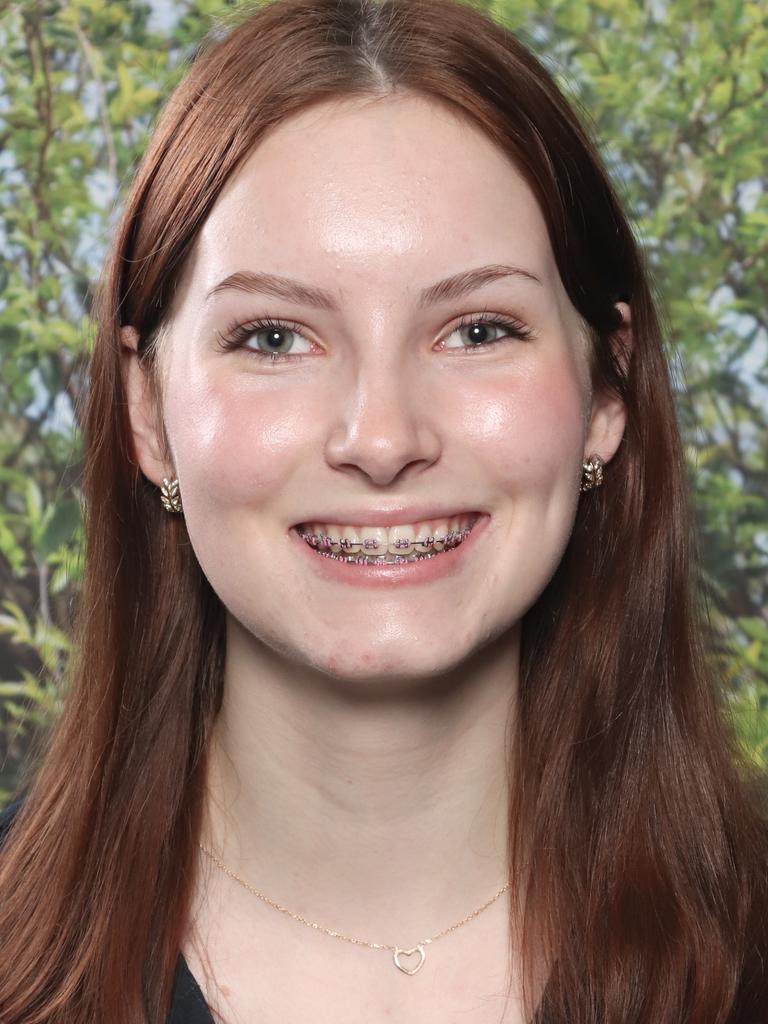
ABBEY TAYLOR, 16
Mount Barker High School
Reducing the corporate tax rate across SA would result in an increase of multinationals investing in the area which would provide jobs and security for thousands of families, attracting more people to the area, hence increasing the need for more houses and infrastructure in the area which itself would provide further jobs. With a growing workforce created by this change, more money will be spent at local businesses as people shop for their essentials, meaning more tax will be collected that can be contributed to improving the state.
ANDREW MCLENNAN, 17
Ocean View College
I would like to see education delivered to students in a way that engages and educates all equally. The current system of delivering education for a one size fits all needs tweaking so that students with learning difficulties, disabilities and neuro-diversity, can participate actively and positively in their education, enabling them to be the best they can be. I would couple this idea with engaging young people in active and positive after-school activities by partnering sporting clubs, music teachers, coding specialists, and other specialty interest groups with schools to provide free, supervised after school activities.
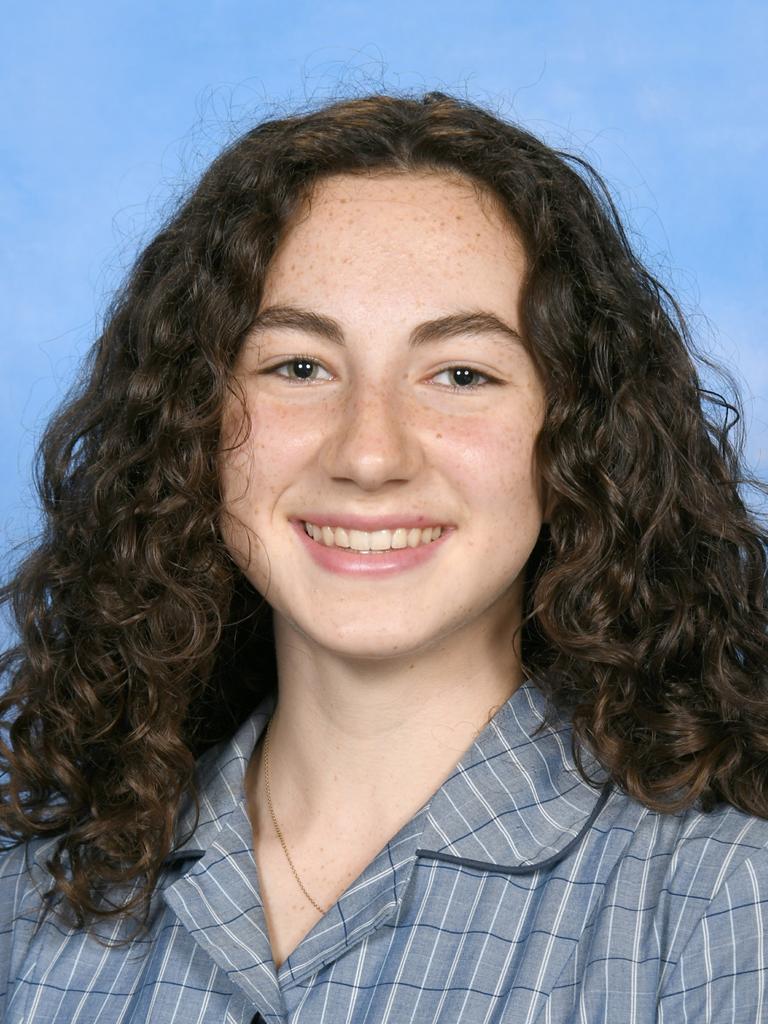
MELINA GAFFEY, 15
Marryatville High School
South Australian education needs improvement, specifically sexual education taught to the next generation. As someone who has completed the mandatory lessons in the South Australian curriculum, I was shocked to discover the little knowledge my peers possessed. If students are going to grow up to become parents or have a partner, how will they understand pregnancy, its progression, or how to support their partner through their menstrual cycle.
PRAPTI PAI, 16
Port Lincoln High School
I would like to improve the education system in South Australia. My peers and I have been discussing our younger years in high school and felt that we have thoroughly wasted them. I find that in our earlier years at high school students who want to go into trading school pathways and other paths have felt exasperated with learning the compulsory academics. Coming from Port Lincoln where 75 per cent of the population go into the trades or the fishing industry, we get many uninterested students who unfortunately make the class experience more stressful.
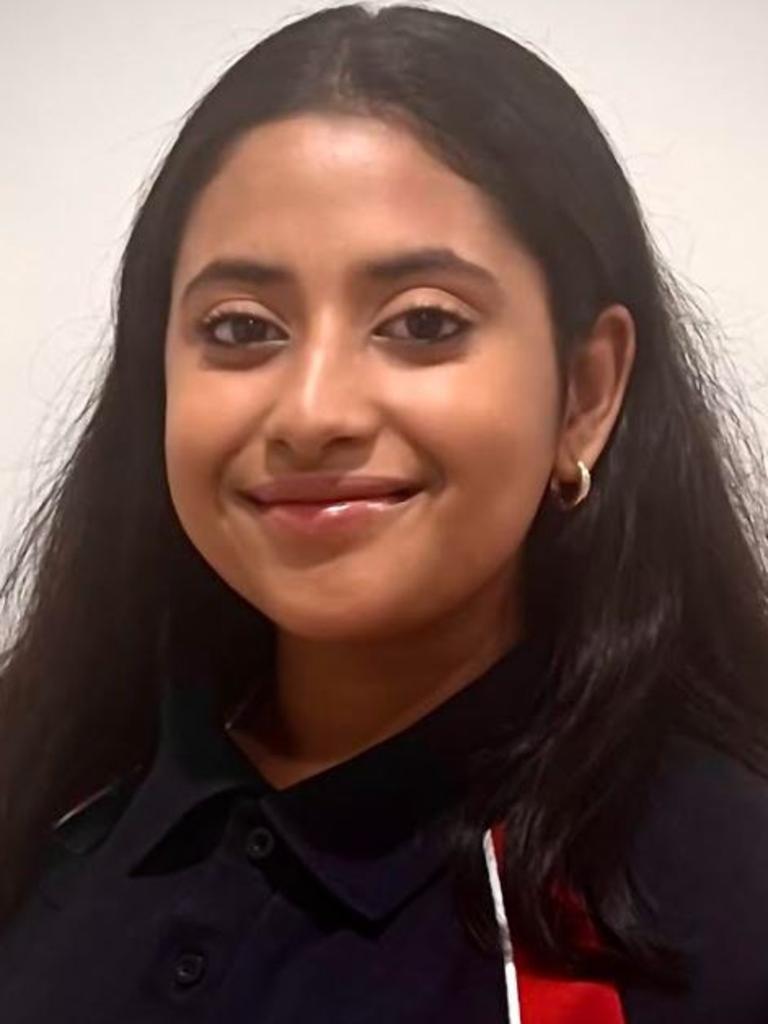
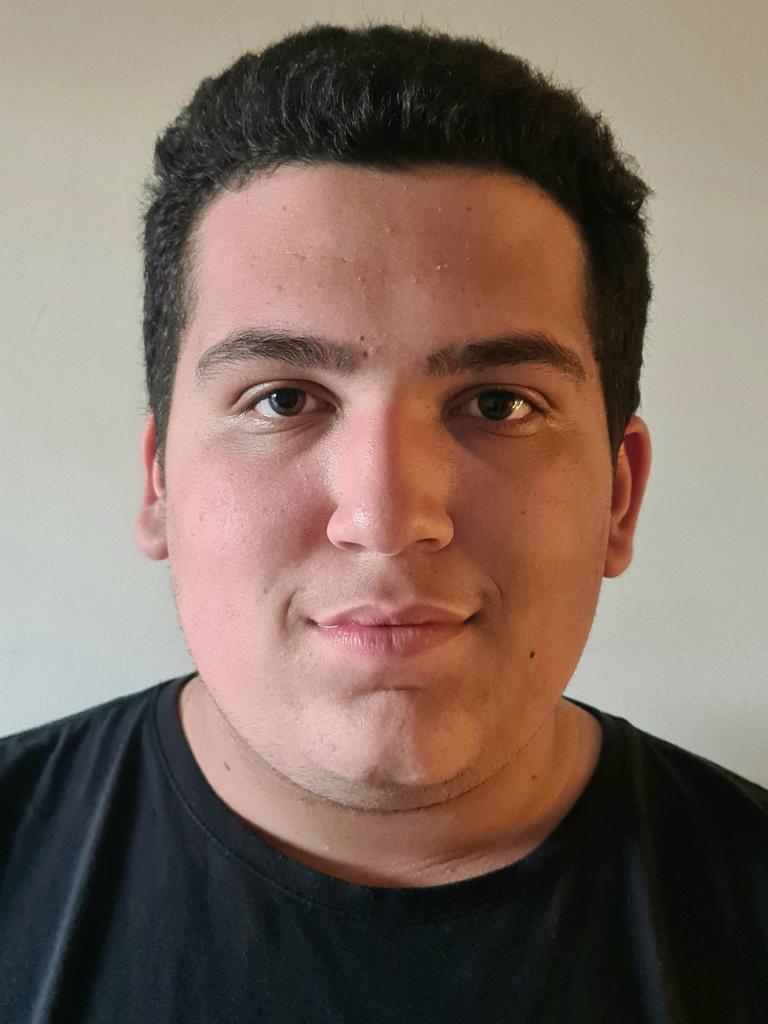
KOSTA ZACHARIA, 15
Seaton High School
My plan for growing this state is to invest into world-class education, to show the world what South Australia can do. We must make world-class universities and schools to show that South Australia can become an international powerhouse of education. We must also drive investment into local businesses and start-ups right here in South Australia to grow this state for the better. We must prove to the nation and the world that South Australia is the best place to start business, learn and explore.
KAYLEE TRENERRY, 17
Seaford Secondary College
During my 13 years in the public school system, I’ve noticed the lack of opportunities that are provided by schools to young girls in sport. Compared to boys, girls aren’t given nearly as many representative options. More often than not, in public schools the only ways for young women to play sport is in a mixed team or all girls team, and when these aren’t an option, neither is the sport. We should be encouraging young girls to play and explore different sports while at school, not telling them that they can’t because of their gender.
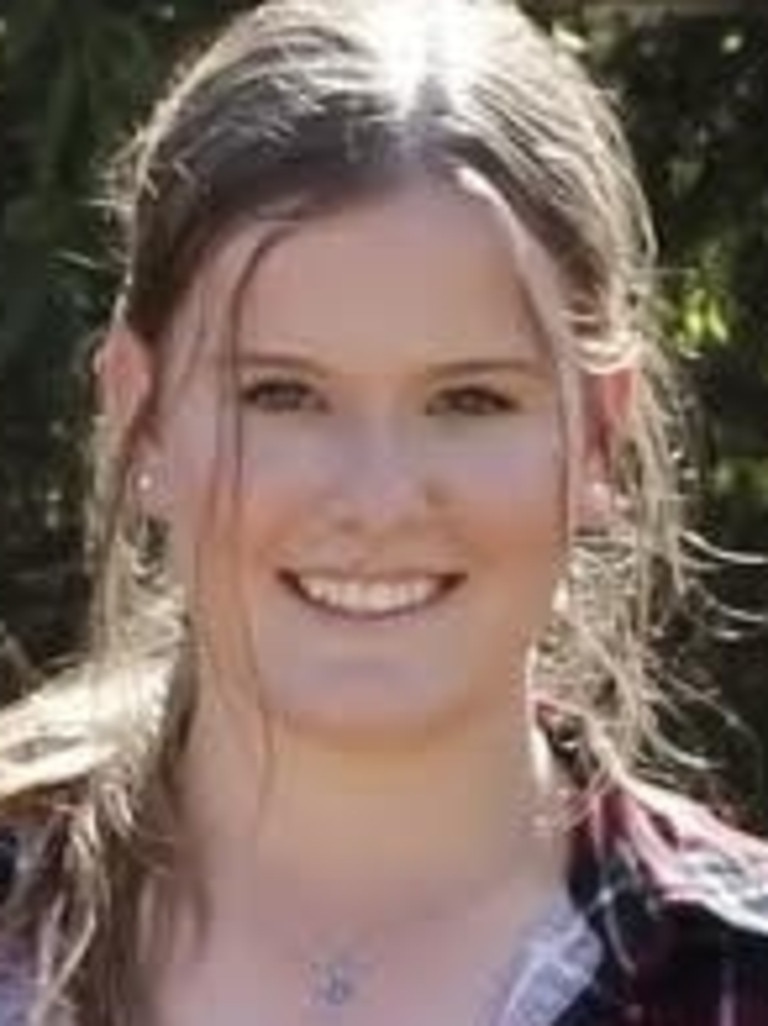
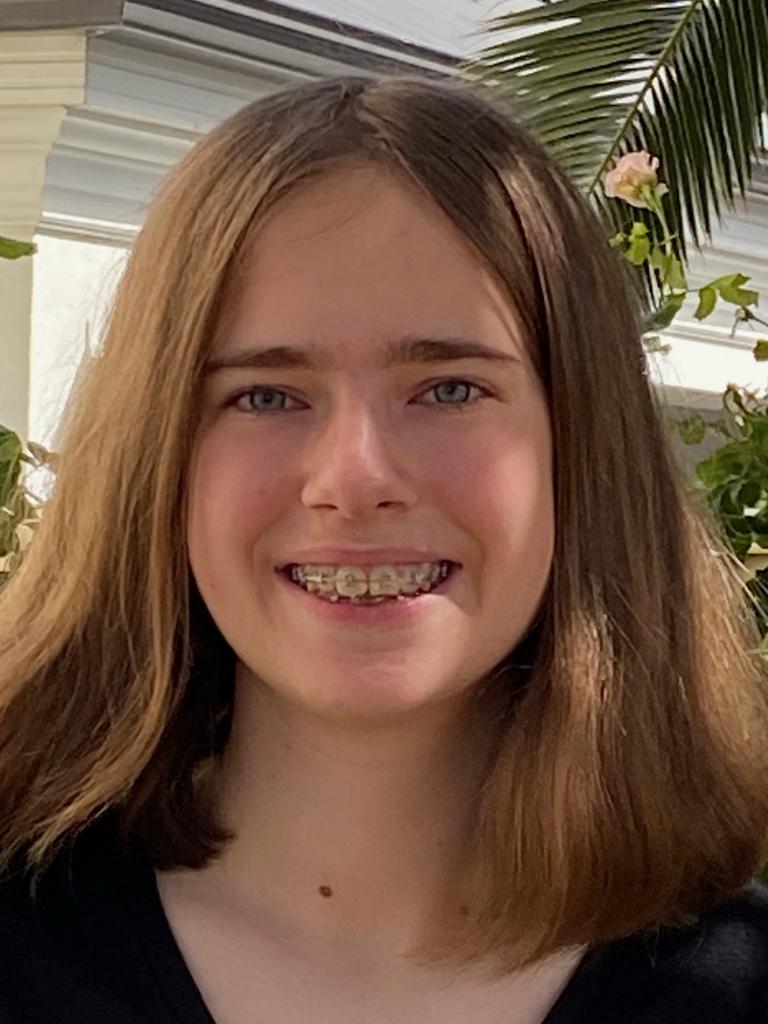
SIENNA TEMPLE, 15
Seaview High School
We should allow kids and teens to do volunteer work at any place in their community that could use the help. If this happens, we’d be encouraging kids and teens alike to help more in their communities, shaping them into kind and caring global citizens. I think this is a good idea as at the moment, we grow up in a world where everyone’s staring at a device the majority of the time. If we were given more things to do, we’d be off of our devices more and really living life. If this doesn’t happen, we may grow up in a world where everything revolves around devices.
HAMDAN ASIF, 16
Pembroke School
South Australia is facing water scarcity due to climate change and increased demand, which could impact agriculture and urban areas in the state. Water scarcity in South Australia can be addressed through a combination of measures, including water conservation: Encouraging households and industries to reduce water usage through education and incentives. Water reuse and recycling: Implementing water recycling and reuse systems to reduce the pressure on traditional water sources. Climate-resilient agriculture: Encouraging farmers to adopt climate-resilient practices, such as drought-tolerant crops, that can help reduce the impact of water scarcity on agriculture. By taking action now, South Australia can ensure that its water resources are managed effectively, and its communities are resilient in the face of water scarcity.
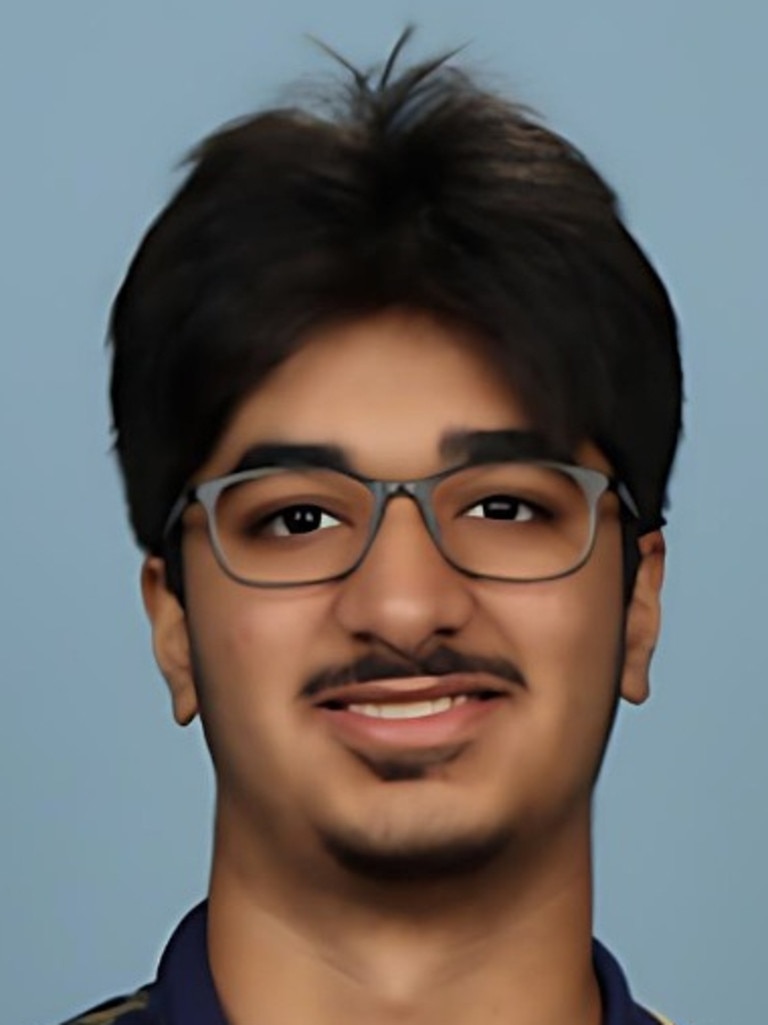
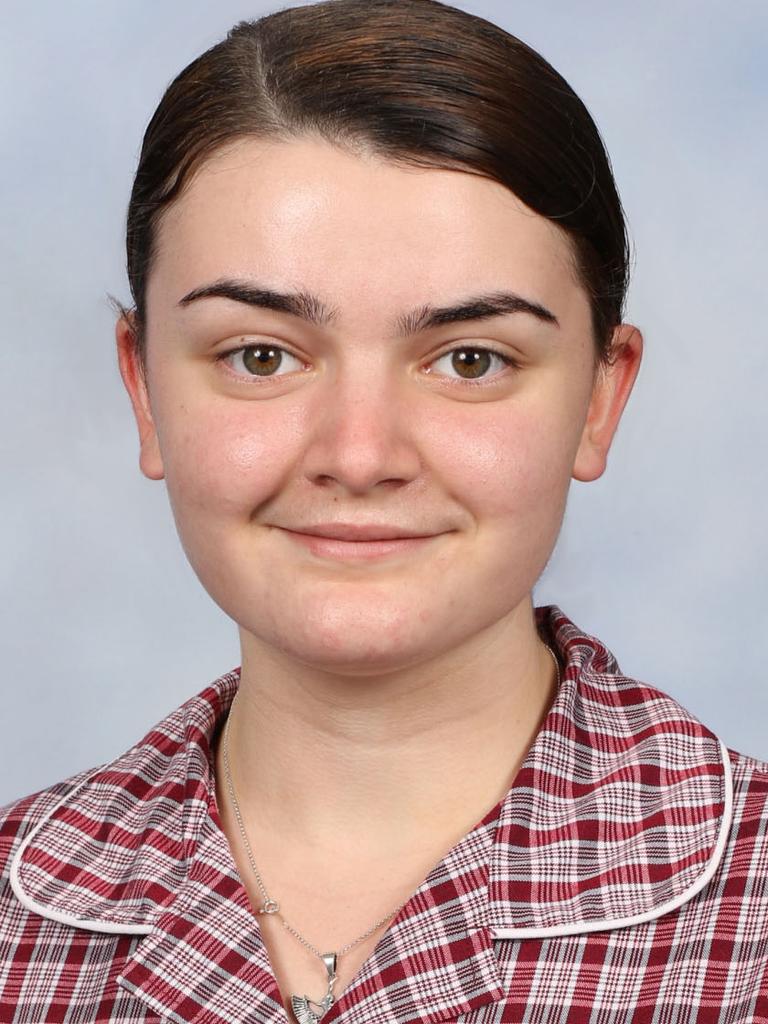
ISIS HUISKENS, 16
Seaford Secondary College
I believe that in South Australia we should have cheaper higher education (university) so more people want to, and can afford to study in South Australia, instead of going interstate or overseas for cheaper or free education. Most of my peers and other students are looking for cheaper alternatives to higher education, some by going interstate, some by going overseas or some by just going into a job that they don’t necessarily like. Many people my age who cannot afford to pay for higher education leave their passions behind at the end of high school and I don’t believe that this is good enough. With the new opportunity of cheaper higher education, it will bring in more people to our state and thus create a larger population growth. With this population growth it will create more jobs and other opportunities in South Australia for the future.
CATHERINE TOJO, 16
St Dominic’s Priory College
Statistically, cyclists are most at risk in South Australia. Why? Drivers are ignorant of cyclists, the space between the cycle and motor vehicle lanes, and the reaction time of motorists. The best approach is to incorporate bike lanes on to the sidewalk rather than the road. We should be able to engage in leisure activities in our country in a safe environment, but we haven’t. By applying this notion, it will inspire more individuals to cycle to work or other locations. Additionally, it will enhance the community’s general wellbeing in South Australia. Numerous health advantages include lower blood pressure, an improved heart health, and efficient exercise. Additionally, it will increase endorphin levels, lowering our condition of sadness. Our community overall will be happier and healthier. So, investing in a cycle lane on the footpath will benefit South Australia.
SETH KAYSER, 16
Port Lincoln High School
My concerns for the state lie in its energy capabilities, and the ability to achieve net zero carbon emissions by 2050. This state heavily relies on wind energy which is expensive and unreliable, it isn’t always windy. We lead the country in renewable energy – however, nuclear energy is the logical solution for the state’s and the country’s power. It is a clean and effective method of providing consistent reliable energy to thousands of homes for a lower price. We have the capabilities for a nuclear reactor and use them to make medical isotopes. The new technology is safe and effective, and Australia could become a leader in nuclear energy if it puts resources towards it. It will bring hundreds of jobs and eventually more for the unemployed across our great state.
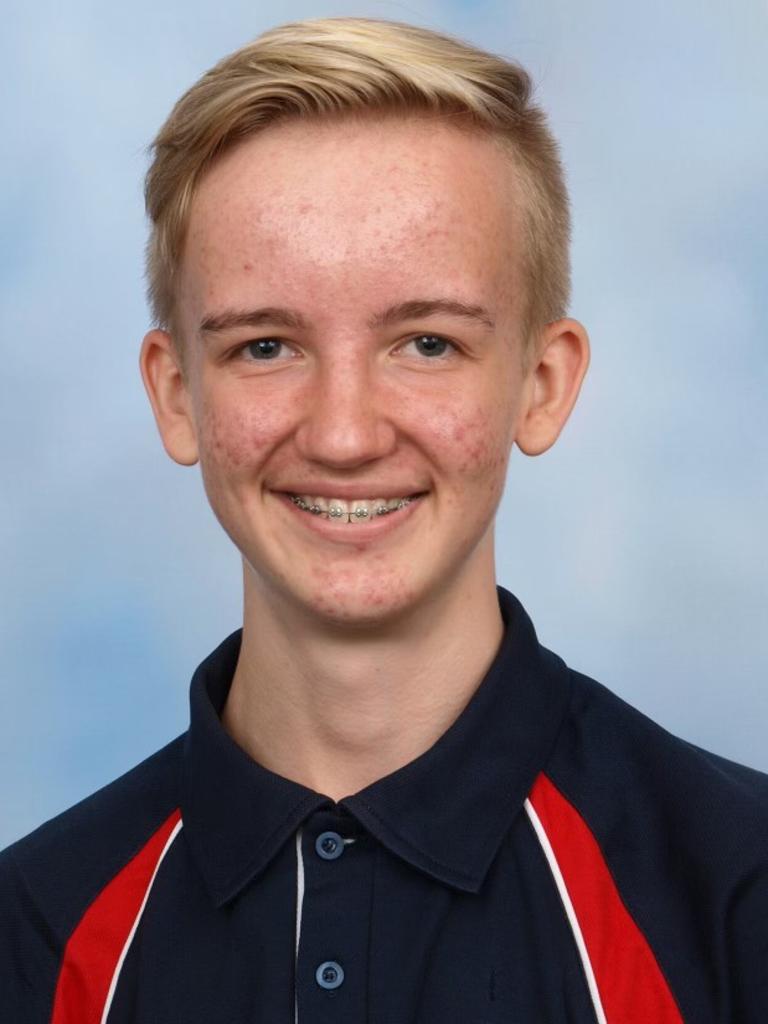
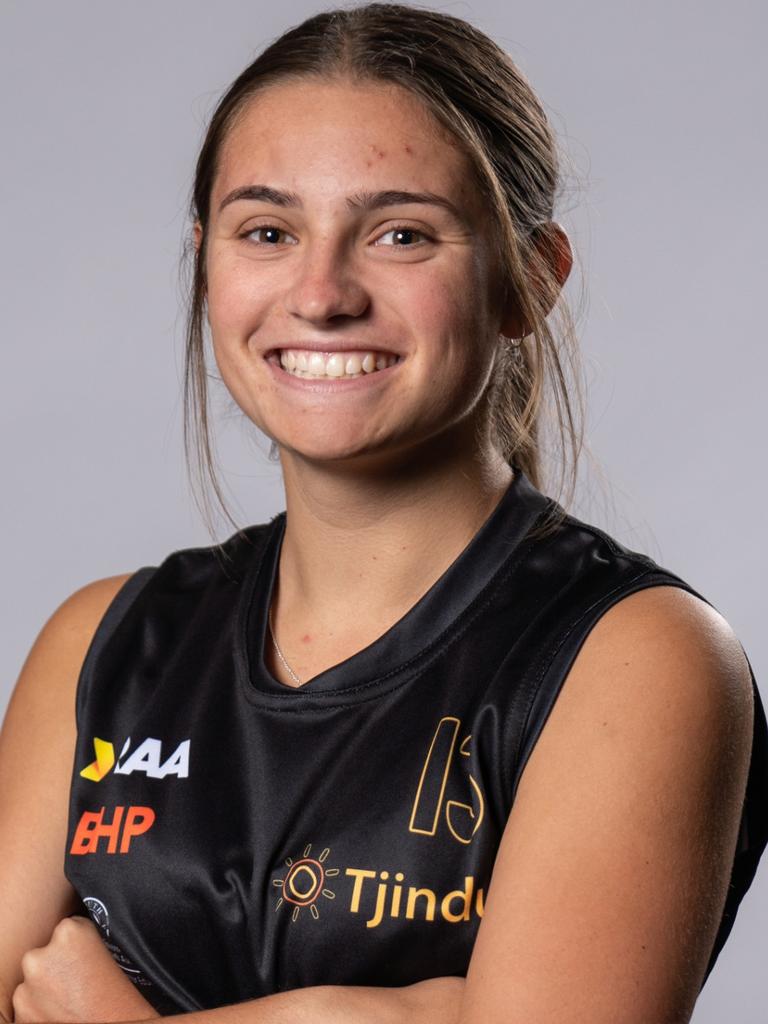
JORDAN HORNE, 15
Sacred Heart College
My idea is to add Aboriginal studies into schools, with a focus on primary schools in particular. This could be done through things like an Aboriginal Day or an Indigenous Day where we can celebrate the culture by seeing it and experiencing it. A greater Indigenous focus should also be added it into school sports programs, where they can have things like Indigenous Rounds. A lot of younger children are engaged with sport at school and it would be a good way of opening them up to the culture.
AMBER CAMERON, 16
Port Broughton Area School
I would like to work towards developing a safer, more inclusive future where all people are given equal opportunity. Having travelled Australia for five and a half years I became aware that education opportunities for young people were not equal; rural and remote locations were particularly challenged due to lack of resources and smaller populations. I believe education is a human right and that all people around SA and the rest of Australia deserve an equal education. Throughout my schooling journey I have become exceedingly aware of the aforementioned frustration young people have with our current education system, and its inability to suit the learning criteria of many students. Our current education system has been around for years and hasn’t been properly updated for current society.
Originally published as Teen Parliament 2023: Watch the full replay as students shared their ideas to improve South Australia


